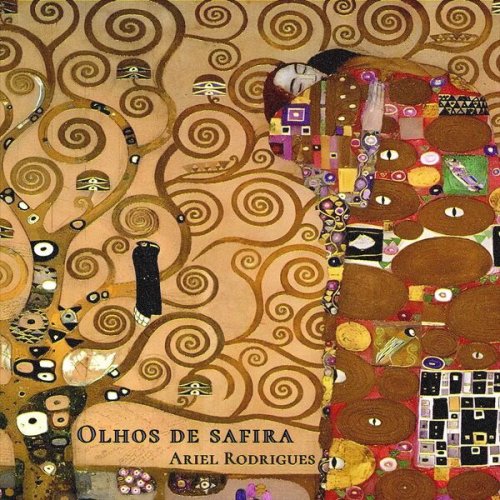Orchestre de la Société des Concerts du Conservatoire - The 1963 Recital at the Théâtre des Champs-Elysées, Paris: Works by Berlioz, Bizet, Gluck, Gounod & Massenet (2023)
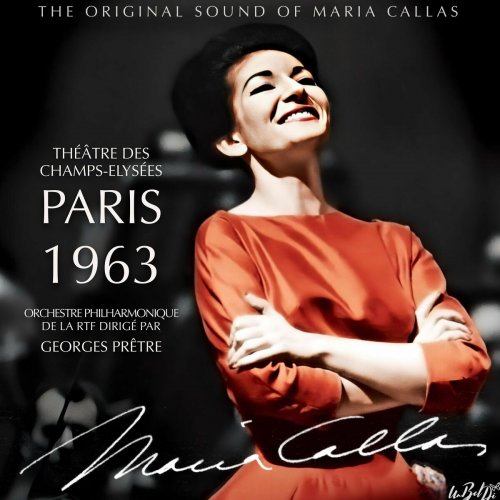
Artist: Orchestre de la Société des Concerts du Conservatoire, Georges Prêtre, Maria Callas
Title: The 1963 Recital at the Théâtre des Champs-Elysées, Paris: Works by Berlioz, Bizet, Gluck, Gounod & Massenet
Year Of Release: 2023
Label: Unbeldi
Genre: Classical
Quality: FLAC (tracks)
Total Time: 43:40 min
Total Size: 212 MB
WebSite: Album Preview
Tracklist:Title: The 1963 Recital at the Théâtre des Champs-Elysées, Paris: Works by Berlioz, Bizet, Gluck, Gounod & Massenet
Year Of Release: 2023
Label: Unbeldi
Genre: Classical
Quality: FLAC (tracks)
Total Time: 43:40 min
Total Size: 212 MB
WebSite: Album Preview
01. Iphigénie en Tauride, Wq. 46, Act II Scene 6: Air et choeur, "Ô malheureuse Iphigénie !" (Iphigénie) (Version without Chorus - 1963 Columbia Recording)
02. La damnation de Faust, Op. 24, H. 111, Pt. 4 Scene 15: Romance, "D'amour l'ardente flamme" (Marguerite) (1963 Columbia Recording)
03. Les pêcheurs de perles, GB 4, Act II: No. 7. Récit et Cavatine, "Me voilà seule dans la nuit ... Comme autrefois dans la nuit sombre" (1963 Columbia Recording)
04. Manon, Act II Scene 4: "Je ne suis que faiblesse et fragilité ... Adieu, notre petite table" (Manon) (1963 Columbia Recording)
05. Manon, Act III Tableau 1 Scene 4: "Suis-je gentille ainsi ? ... Je marche sur tous les chemins" (Manon) (Version without Chorus - 1963 Columbia Recording)
06. Werther, Act III Scene 1: Air des lettres, "Qui m'aurait dit la place que dans mon coeur ... Des cris joyeux d'enfants montent sous ma fenetre" (1963 Columbia Recording)
07. Faust, CG 4, Act III Scene 6: No. 14. Récitatif, Chanson du Roi de Thulé et Air des bijoux, "Je voudrais bien savoir quel était ce jeune homme" (1963 Columbia Recording)
Georges Prêtre was one of the leading conductors of the last half of the 20th century, especially known for operatic conducting and performances of French music. He studied trumpet as a boy, graduating from the Douai Conservatory. Nazi occupation of Paris did not substantially interfere with the teaching activities of the famous Paris Conservatory, where Prêtre continued his musical studies. He took first prize in trumpet in 1944 and studied harmony with Henri Challan and Maurice Duruflé. He began studying conducting with André Cluytens, Pierre Dervaux, and Richard Blareau. His conducting debut was in operetta, a fact that eluded biographers since he used the assumed name of Georges Dherain.
His official conducting debut was at the Marseilles Opera in 1946, in Lalo's Le Roi d'Ys. He spent a decade primarily in provincial French opera houses: Marseilles (1946-1948), Lille (1948), Casablanca (1949-1951), and Toulouse (1951-1955). He was appointed music director of the Opéra-Comique in Paris in 1956, debuting with Richard Strauss' Capriccio and conducting a wide variety of repertory there. He made his American conducting debut at the Chicago Lyric Opera in 1958. By 1960, he had become well-known and was selected by composer Francis Poulenc, who selected Prêtre to conduct the premiere of Le voix humaine (1959) and was highly esteemed for his performances of Poulenc's full-length opera Dialogues de Carmelites. He also led the premiere of the Sept répons des ténèbres (1963).
In 1959, he joined the staff of the Paris Opéra, becoming music director in 1966. He debuted at the Royal Opera House, Covent Garden (1961), the Metropolitan Opera in New York (1965), and La Scala (1965). During this period he became a conductor often requested by opera superstar Maria Callas. He frequently returned to the Met and La Scala, especially known for his French repertory.
His concert conducting career also advanced during this period. Over the years he conducted most of the important orchestras of Europe and America, and in 1962 was appointed deputy director of the Royal Philharmonic Orchestra. In 1971, the Paris Opéra's periodic political problems erupted into a huge backstage dispute that closed the Opéra for several months, during which Prêtre left the company.
Since that painful experience, Prêtre most frequently worked outside of France. He became principal guest conductor of the Vienna Symphony Orchestra in 1986, holding that post through 1991, when he was named one of its honorary conductors for life. In 1995, he became artistic director and principal conductor of the Stuttgart Radio Symphony Orchestra. Among his world premieres were Symphony No. 4 by Marcel Landowski (1988) and Concerto for 15 Soloists and Orchestra by Françaix (1990).
In 1999, he conducted a major series of concerts in Paris in honor of the 100th anniversary of Poulenc's birth.
His official conducting debut was at the Marseilles Opera in 1946, in Lalo's Le Roi d'Ys. He spent a decade primarily in provincial French opera houses: Marseilles (1946-1948), Lille (1948), Casablanca (1949-1951), and Toulouse (1951-1955). He was appointed music director of the Opéra-Comique in Paris in 1956, debuting with Richard Strauss' Capriccio and conducting a wide variety of repertory there. He made his American conducting debut at the Chicago Lyric Opera in 1958. By 1960, he had become well-known and was selected by composer Francis Poulenc, who selected Prêtre to conduct the premiere of Le voix humaine (1959) and was highly esteemed for his performances of Poulenc's full-length opera Dialogues de Carmelites. He also led the premiere of the Sept répons des ténèbres (1963).
In 1959, he joined the staff of the Paris Opéra, becoming music director in 1966. He debuted at the Royal Opera House, Covent Garden (1961), the Metropolitan Opera in New York (1965), and La Scala (1965). During this period he became a conductor often requested by opera superstar Maria Callas. He frequently returned to the Met and La Scala, especially known for his French repertory.
His concert conducting career also advanced during this period. Over the years he conducted most of the important orchestras of Europe and America, and in 1962 was appointed deputy director of the Royal Philharmonic Orchestra. In 1971, the Paris Opéra's periodic political problems erupted into a huge backstage dispute that closed the Opéra for several months, during which Prêtre left the company.
Since that painful experience, Prêtre most frequently worked outside of France. He became principal guest conductor of the Vienna Symphony Orchestra in 1986, holding that post through 1991, when he was named one of its honorary conductors for life. In 1995, he became artistic director and principal conductor of the Stuttgart Radio Symphony Orchestra. Among his world premieres were Symphony No. 4 by Marcel Landowski (1988) and Concerto for 15 Soloists and Orchestra by Françaix (1990).
In 1999, he conducted a major series of concerts in Paris in honor of the 100th anniversary of Poulenc's birth.


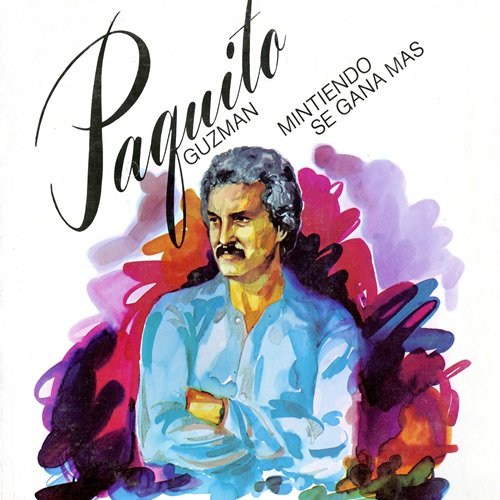
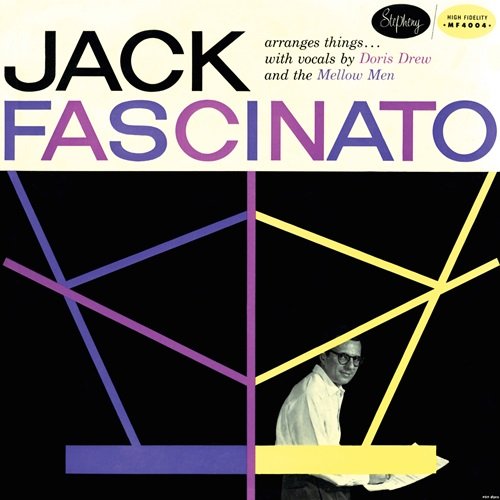
![Jonah Parzen-Johnson, Lau Nau - A Few We Remember (2025) [Hi-Res] Jonah Parzen-Johnson, Lau Nau - A Few We Remember (2025) [Hi-Res]](https://img.israbox.com/img/2025-11/07/xngk4z9oyqh2tyv1mpmd4ulab.jpg)
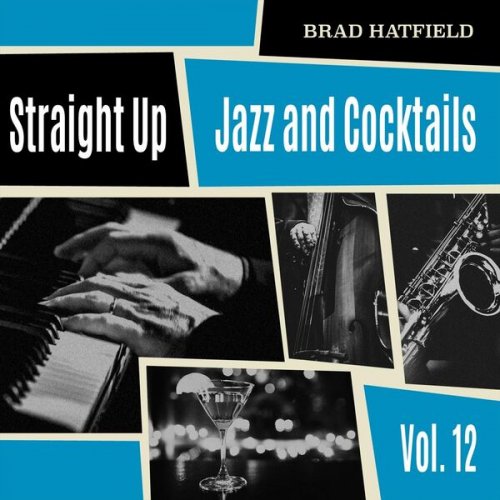
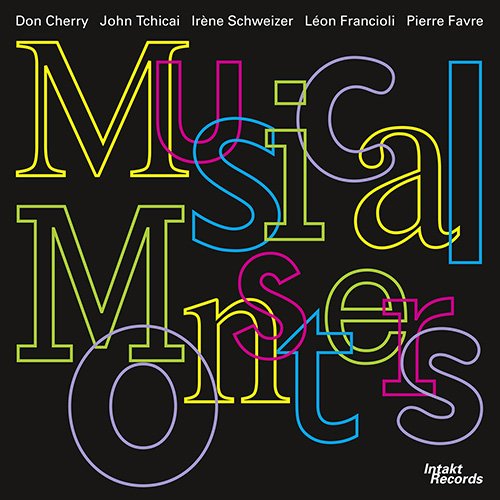
![Lewis Robinson, Steve Hunt, Christian Fabian - Just Sing (2025) [Hi-Res] Lewis Robinson, Steve Hunt, Christian Fabian - Just Sing (2025) [Hi-Res]](https://img.israbox.com/img/2025-11/07/9purlahrn8whg8o2q8b7gfiuz.jpg)
